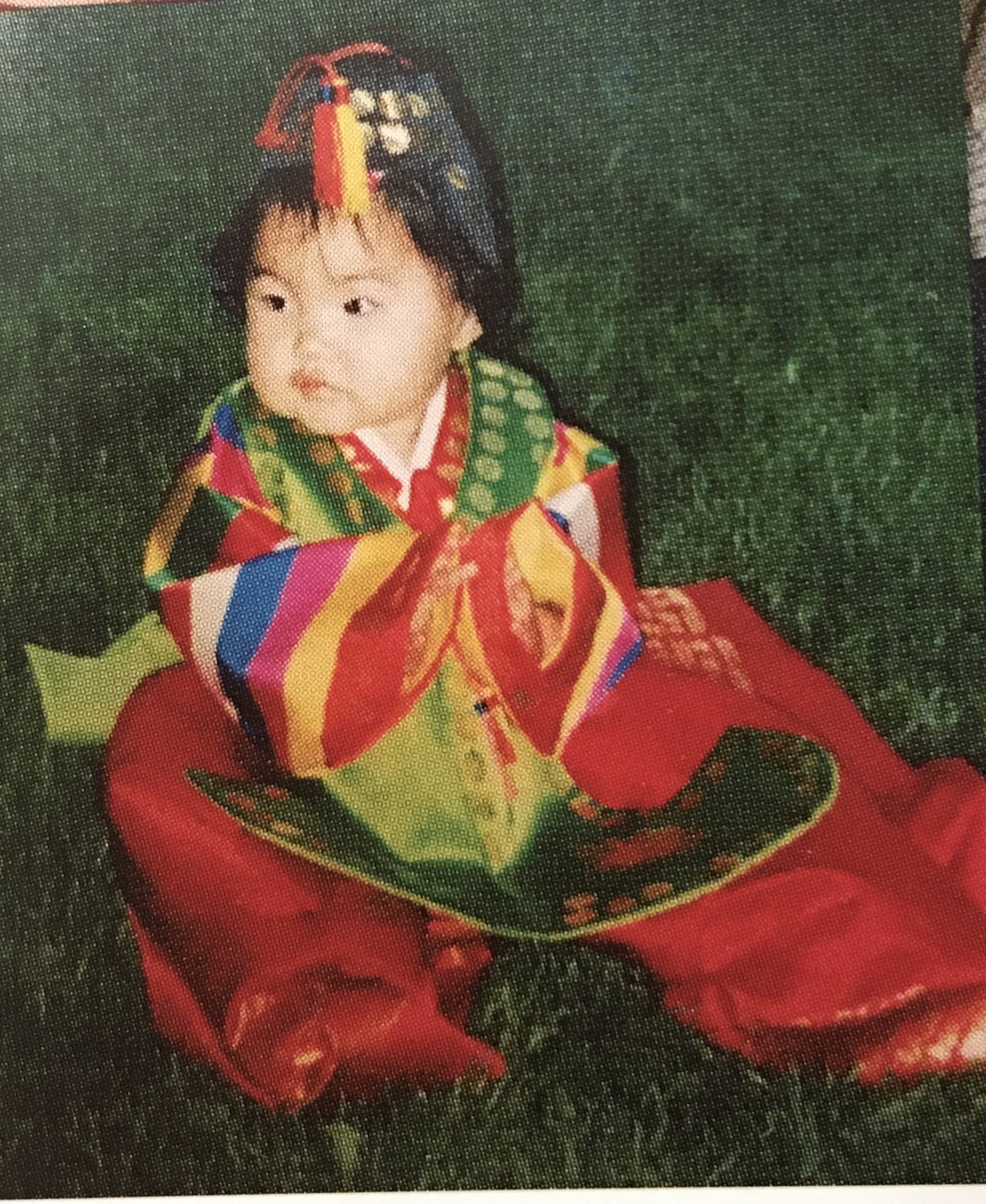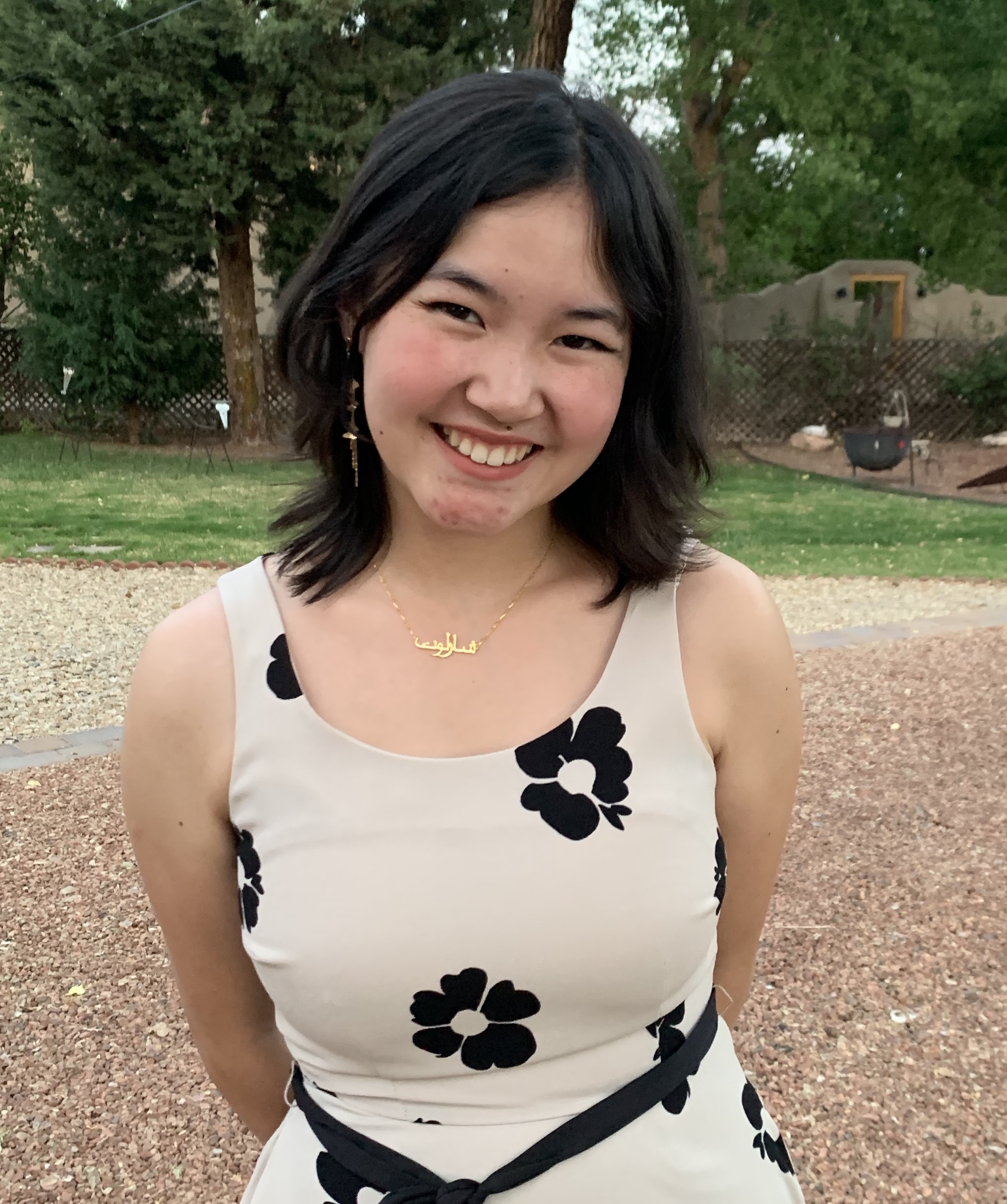What is America's Perception of Korea?
By Charlotte Auh | June 15th, 2022
Hello everyone! My name is Charlotte Auh. I have been a student employee with AAPIRC for about 8 months (I’m also the creator of these newsletters, so I hope you’ve been enjoying them!). My portion will cover episodes of the podcast: Asian American History 101 created as a response to pandemic-related Anti-Asian racism and hosted by daughter-father team Gen and Ted. Listen to the podcast here!
This week I listened to Episode 28: Immigration and Growth of Korean Americans. I was especially drawn to this episode because of my South Korean immigrant father. I am Hispasian (a term my mom coined to describe my sister and I’s mixed Hispanic/Asian heritage). The podcast episode described the timeline of Korean immigrants, noting that Korean immigration amped up after the Chinese Exclusion Act was passed in 1882. The prohibition of Chinese immigrant laborers necessitated a new “cheap labor supply” which was found in Koreans and South Asians. I was born in Albuquerque, New Mexico, United States, though strangers often assume this cannot be the case. Once, when asked “where I was from”, I answered Korean, because I knew this was really what the other person was getting at. The follow up question: “PSY or Kim Jung Un?” confused me, until I realized they were asking “South or North Korean?” in possibly the most racist way ever. Fun fact: 99% of Korean immigrants are South Korean.

Gen and Ted mention the insurgence of Korean “culture” into the American mainstream. From K-Pop to Korean BBQ to Korean skin care, Korean practices are becoming more familiar in the United States, while the people and culture from which they originated are not. I was reminded of a red carpet interview with Squid Game star Lee Jung Jae which sparked controversy a while back. Lee Jung-jae was asked by an American reporter, “I’m sure you can’t leave the house anymore without people recognizing you. What has been the biggest life change for you since the series came out?”, unaware that Jung Jae has been a prominent star in South Korea since the 90s. While the reporter’s intentions are unclear, this interaction highlights the assumption that creations or peoples of other cultures have no notoriety until they find success in the United States.
Towards the end of the episode, Gen and Ted discuss a survey conducted by Leading Asian Americans to Unite for Change (LAAUNCH) in 2020. 2766 US residents aged over 18 were surveyed on Anti-Asian racism and gave startling results. 8 out of 10 Asian Americans say they are discriminated against in the US while 25% of White Americans surveyed do not think Anti-Asian racism is a problem that should be addressed. Now I’m gonna flip the survey on you all: think of one (1) prominent, contemporary Asian American. You got one? Congrats! You did better than 42% of the US residents surveyed by LAAUNCH, who answered “None/I don’t know”. The second and third most popular answers were Jackie Chan (not Asian-American) and Bruce Lee (not contemporary). Here are a few good options: Naomi Osaka (award-winning tennis player), Bruno Mars (award-winning musician), Sandra Oh (award-winning actress) or Kamala Harris (the VICE PRESIDENT OF THE U.S.).
In short, Korean-Americans, and Asian-Americans in total, exist in the United States as perpetual foreigners, even though our cultures are becoming increasingly widespread. Take care of yourself, support each other, check on your Asian-American friends. We are valuable, prominent, and we are here.

